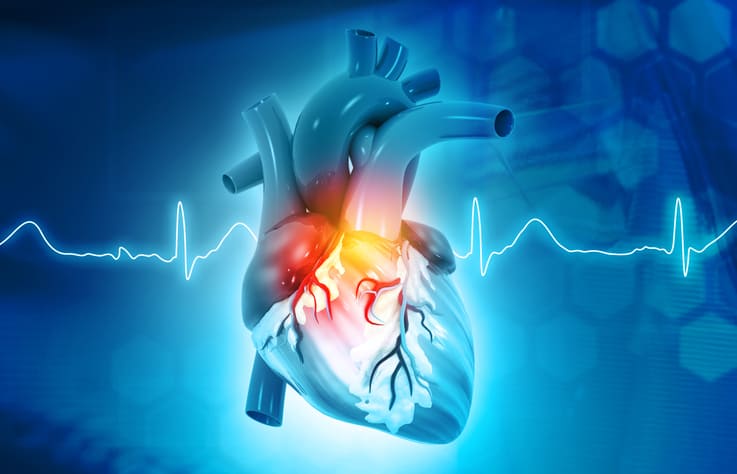Since December 2019, countries around the world have been struggling with the novel coronavirus (SARS-CoV-2). Case series have reported that people with obesity experience more severe coronavirus disease 2019 (COVID-19). During the COVID-19 pandemic, people have tended to gain weight because of environmental factors imposed by quarantine policies, such as decreased physical activity and increased consumption of unhealthy food. Mechanisms have been postulated to explain the association between COVID-19 and obesity. COVID-19 aggravates inflammation and hypoxia in people with obesity, which can lead to severe illness and the need for intensive care. The immune system is compromised in people with obesity and COVID-19 affects the immune system, which can lead to complications. Interleukin-6 and other cytokines play an important role in the progression of COVID-19. The inflammatory response, critical illness, and underlying risk factors may all predispose to complications of obesity such as diabetes mellitus and cardiovascular diseases. The common medications used to treat people with obesity, such as glucagon-like peptide-1 analogues, statins, and antiplatelets agents, should be continued because these agents have anti-inflammatory properties and play protective roles against cardiovascular and all-cause mortality. It is also recommended that renin-angiotensin system blockers are not stopped during the COVID-19 pandemic because no definitive data about the harm or benefits of these agents have been reported. During the COVID-19 pandemic, social activities have been discouraged and exercise facilities have been closed. Under these restrictions, tailored lifestyle modifications such as home exercise training and cooking of healthy food are encouraged.
Proper Management of People with Obesity during the COVID-19 Pandemic.


